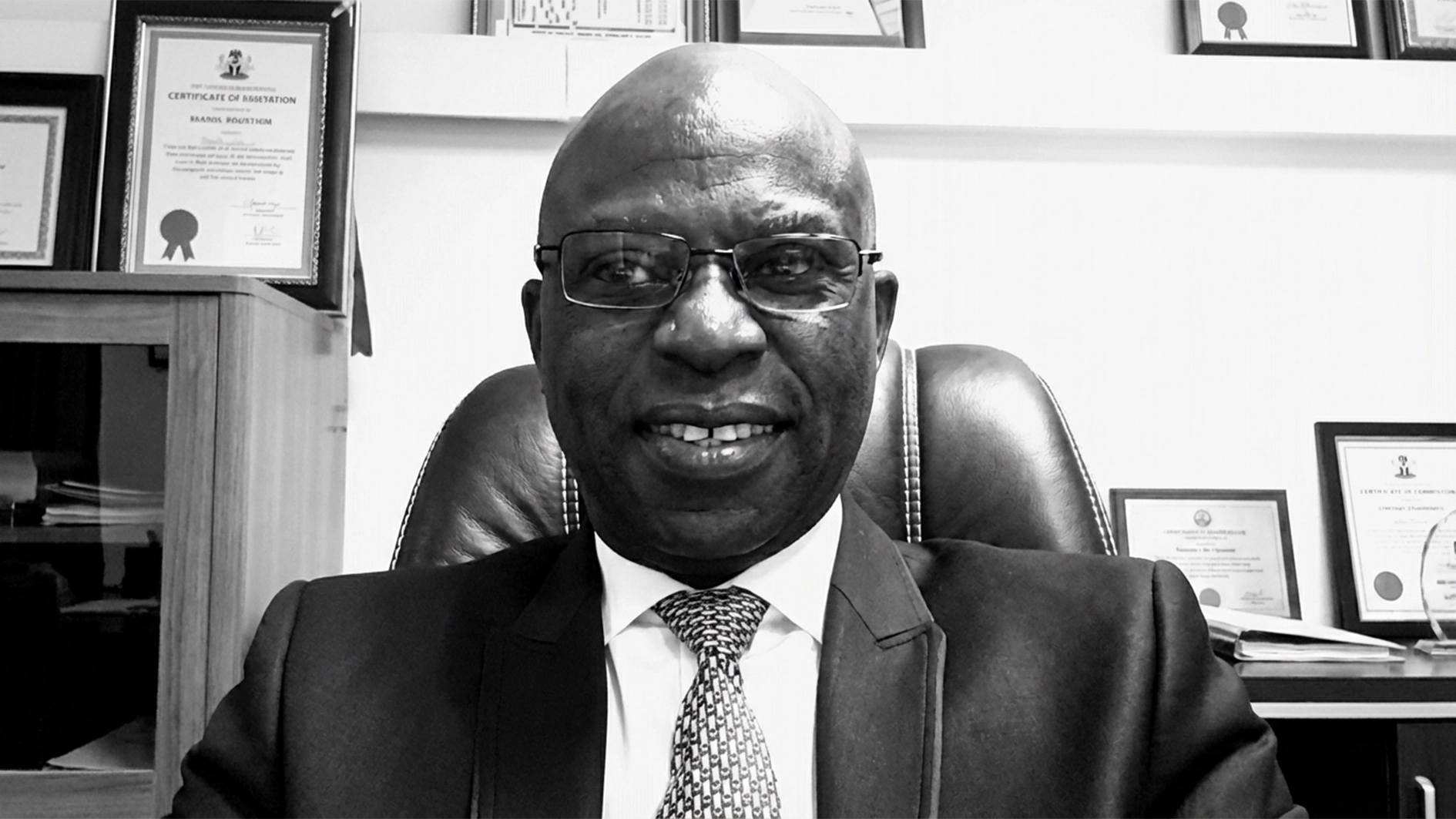Managing Director of Financial Derivatives Company, Mr. Bismarck Rewane, has lamented the loss of N3.5 billion and the continued traffic decline in the local air transport sector.
Rewane, who spoke at the 2025 League of Airports and Aviation Correspondents (LAAC) Conference in Lagos, said the loss exposed deep cracks in aviation sector financing in Nigeria.
The analyst drew attention to data showing that from 2020 to 2022, Nigeria’s aviation industry lost billions due to poor infrastructure and a fragmented operational model. He stressed that fixing aviation sector financing in Nigeria is not optional but critical to national progress.
Rewane noted that Nigeria has 32 airports, yet only four handle between 92 per cent and 96 per cent of total traffic. The domestic passenger volume dropped to 11.5 million in 2024, marking the second straight year of decline. He blamed this on inefficiency, over-politicisation, and poor project viability. “We are duplicating infrastructure while traffic shrinks,” he noted. “The truth is, aviation sector financing in Nigeria is being driven by prestige, not performance.”
Rewane added that several state-backed ventures, including airlines like Enugu Air, Cally Air, and the defunct Air Nigeria, represent failed experiments rooted in mismanagement and political interference.
According to him, all were launched despite viability concerns. “These projects are capital-intensive and inherently risky. Without autonomy and proper structuring, they drain public coffers with little or no return,” he said.
“Several states are building airports with no passenger base to justify the cost. This is a misapplication of scarce resources and a poor model for aviation sector financing in Nigeria,” he said.
The Financial Derivatives CEO compared Nigeria with California to illustrate how misaligned investment in aviation can stifle development. California, he noted, handles over 600,000 passengers daily across 25 airports, while Nigeria manages barely 43,000 with 32 airports.
“This mismatch is symptomatic of the deeper issues with aviation sector financing in Nigeria, poor capital allocation, inefficient spending, and lack of economies of scale,” he said.
Rewane called for a competitive hub system, particularly in Lagos and Abuja, backed by strong and independent regulators. He said: “Airport concessions, MRO investments, and simulator training hubs should be driven by PPPs. This model has worked globally and can reframe aviation sector financing in Nigeria for long-term sustainability,” he said.
To solve the problem, he proposed consolidating air services around competitive hubs, starting with Lagos and Abuja. He noted that successful global carriers such as Ethiopian Airlines leverage hub efficiency, autonomy, and diversified revenue.
“We need fewer, stronger airports, not more underused ones. That’s how to structure sustainable aviation sector financing in Nigeria,” he said.






